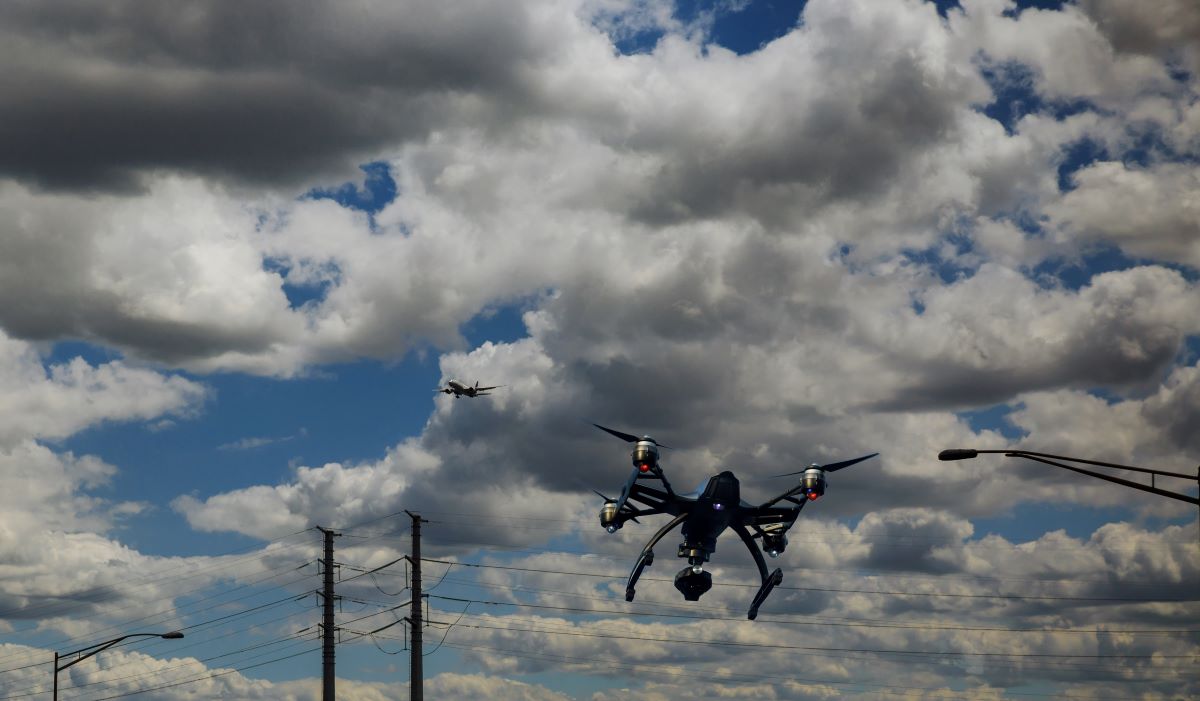The rapid evolution of drone technology has both advanced and disrupted industries, from logistics and agriculture to defense and telecommunications. One organization that has been conducting research in this field is South Korea’s Electronics and Telecommunications Research Institute (ETRI). Known for its innovations in information and communication technology (ICT), ETRI has been working to shape the future of unmanned aerial systems (UAVs). ETRI has reported breakthroughs such as advanced systems for spotting and tracking illegal drones, underscoring ETRI’s efforts in drone technology (GlobalSpec Insights).
ETRI has positioned itself as an expert in drone technology development. The ETRI webzine features a wide range of technology areas, including real-time data processing, machine learning algorithms for autonomous navigation, and energy-efficient designs. ETRI’s innovations extend to surveillance systems capable of detecting and tracking drones in high-risk zones, which they note is critical for both public safety and airspace management.
One of ETRI’s reported achievements in the drone space is its development of robust ad-hoc networking systems. These systems enable drones to operate collaboratively in environments where traditional communication infrastructure is unavailable or unreliable. The patent filing US20210287556A1 describes methods for dynamic, self-organizing networks that allow drones to share data, coordinate movements, and adapt to changing conditions in real-time. This technology has significant implications for the use of UAVs in disaster response, where drones equipped with ad-hoc networks can create temporary communication hubs to assist rescue operations, and in another example for remote industrial inspections, ensuring consistent connectivity in isolated locations.
A closer look at ETRI’s patents reveals details on innovation aimed at enhancing drone efficiency and functionality. The patent filing KR20200008409A focuses on energy-efficient designs and autonomous decision-making systems that optimize drone performance. Other patents include low-latency communication protocols for high-speed drones and AI-powered object recognition systems for precision agriculture. Additionally, modular designs allow for flexible payload configurations, and energy harvesting mechanisms (e.g., solar or kinetic recharging systems), can extend flight times. These technologies address pressing challenges of power efficiency, scalability, and autonomous navigation in the drone industry.
Looking ahead, ETRI’s advancements signal a shift toward a more interconnected and intelligent drone ecosystem. Future innovations are likely to explore deeper integration with 5G and beyond, enabling ultra-reliable, low-latency communications for swarming drones. Advances in edge computing and quantum-resistant cryptography may become focal points, ensuring that drone operations can be secure and efficient even in adversarial environments. ETRI’s focus on energy sustainability suggests potential future development in renewable energy integration, such as solar-powered drones capable of extended operations in remote areas.
As the drone industry continues to evolve, ETRI’s contributions highlight the potential of cutting-edge research and development in shaping the future of unmanned systems. While their advancements offer promising solutions to current challenges, they also signal the need for careful monitoring of these technologies’ broader implications. ETRI’s work serves as a reminder of the importance of staying vigilant and informed about the drone ecosystem. Should you have an interest in learning more about this technology space, including the IP activity of ETRI and others, or if you seek to build an IP position in drone technology or UAV operations, please contact us at ipCapital Group to learn more.

